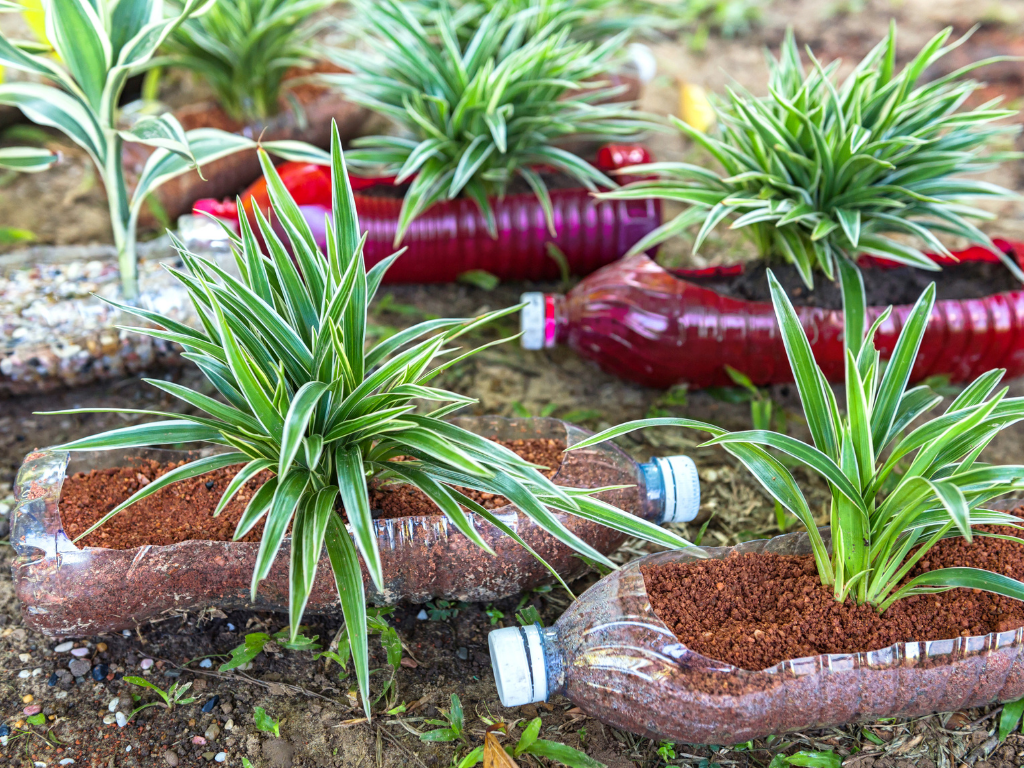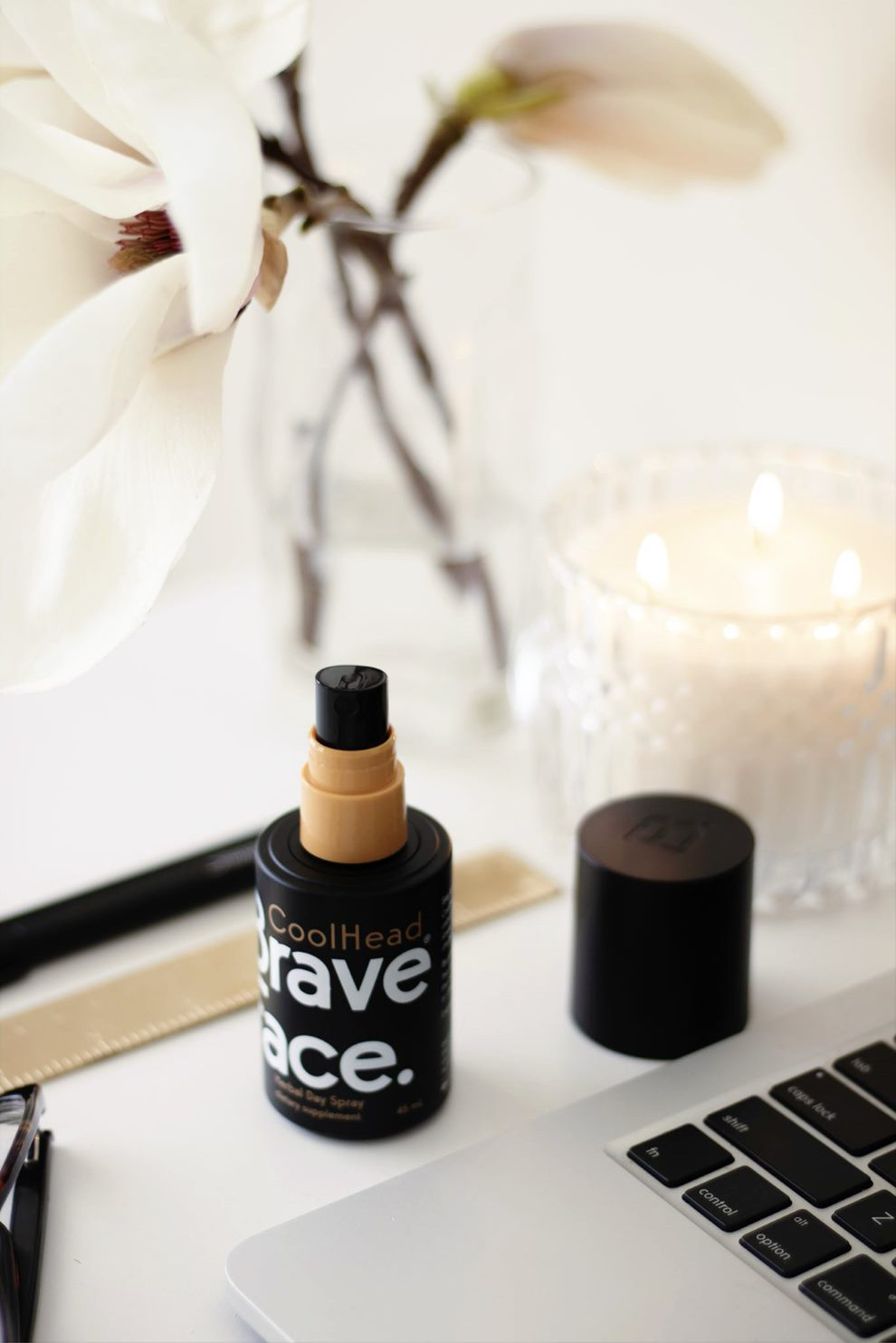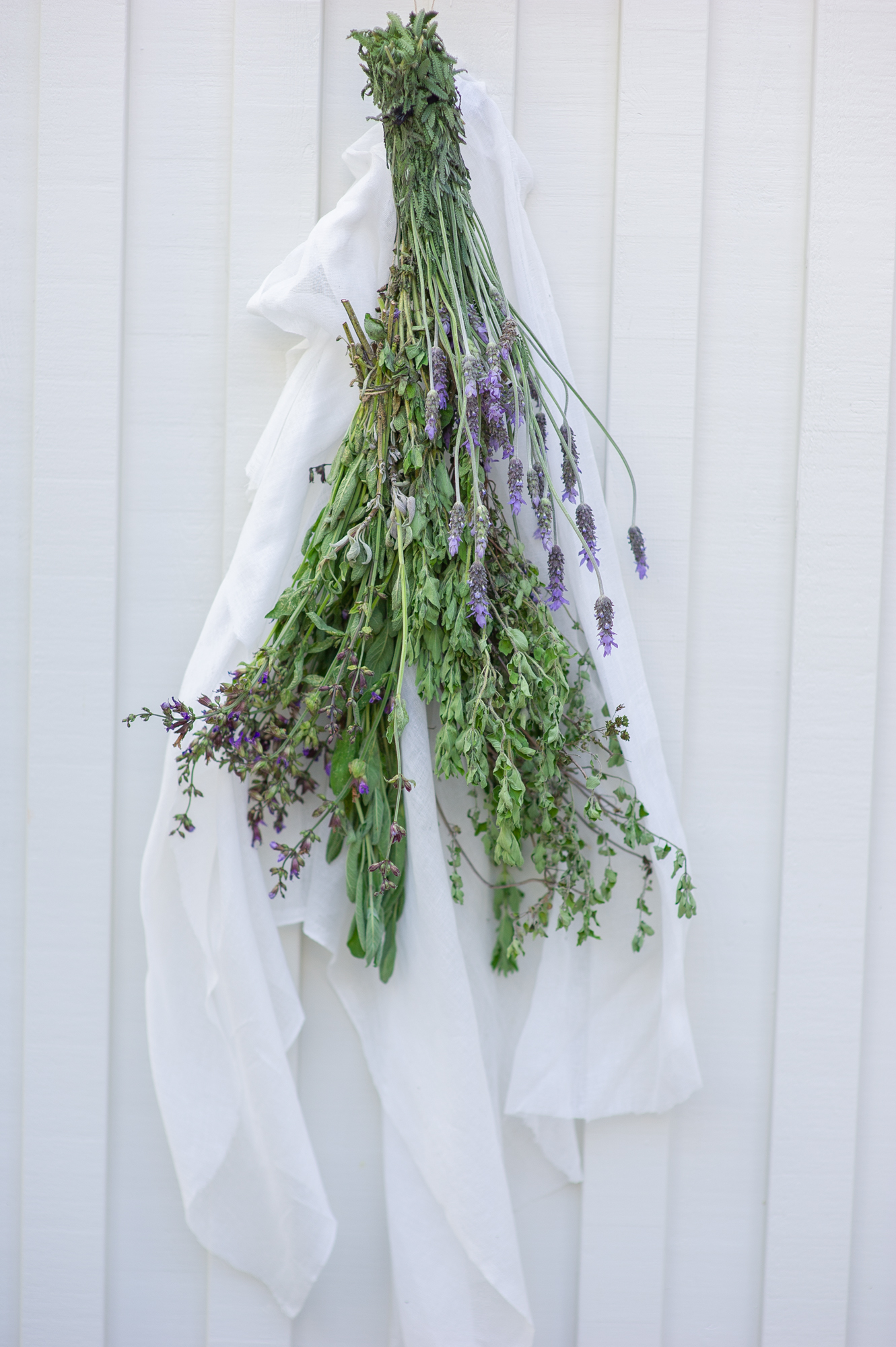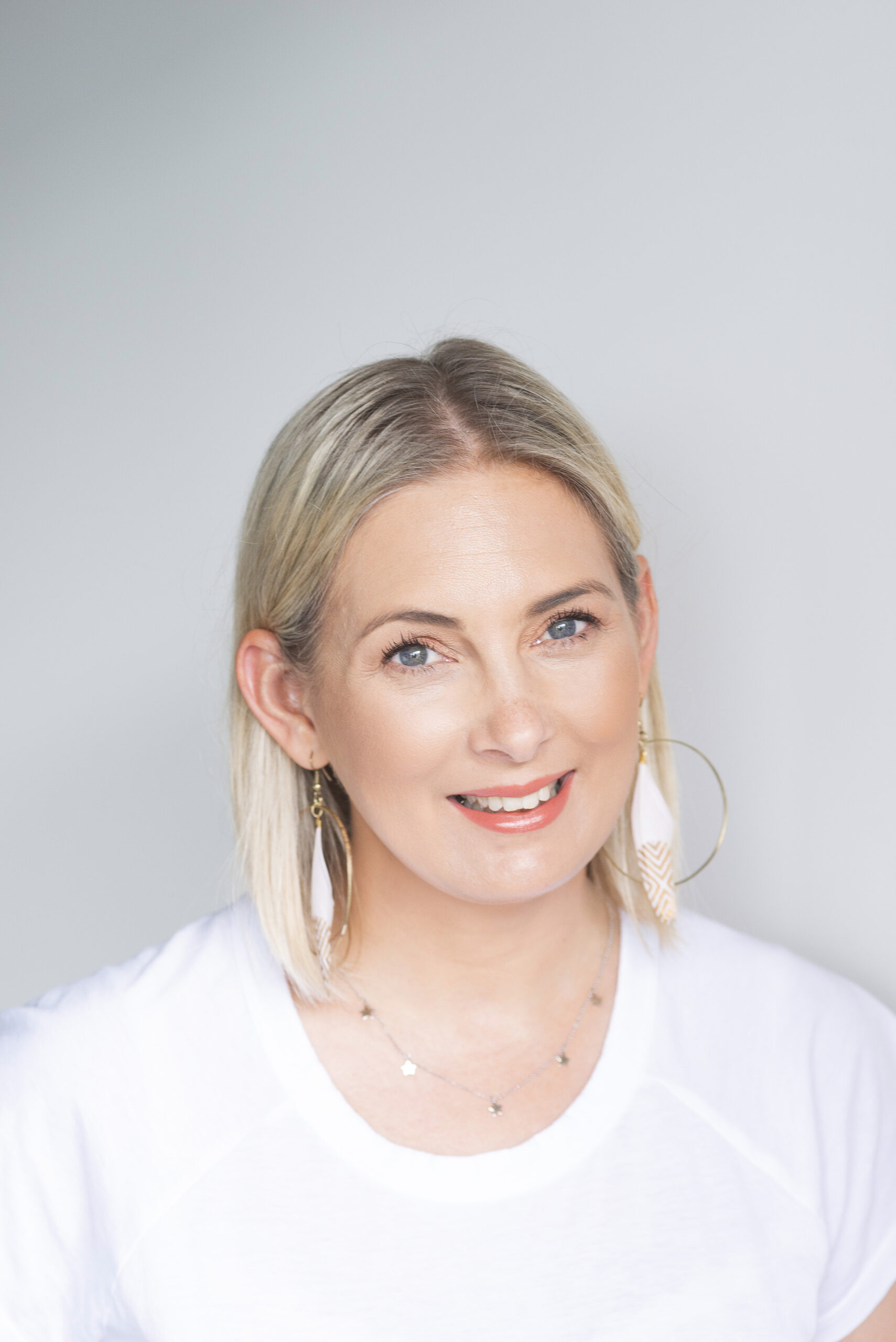Geraldine Tew, founder of the Re-Creators, a social enterprise based in Auckland, New Zealand, promotes upcycling by learning to do it yourself (DIY) through our community workshops, through purchasing pre-made products or by collaborating on a custom circular design.
As a parent of three children, I am conscious that I am their key influencer. By understanding the external influences that sway the way we think, behave and consume, we can slowly adjust how our children live their lives.
So, what can we do as adults to model to the next generation a world that’s fairer, more sustainable and kinder to the planet and each other?
Live by your values
Live by your values: wise words from those who work in sustainability, whether it be in developing policy, in the classroom, or business.
A cumulative change in small daily habits leads to a more sustainable way of life.
And it doesn’t just stop at home. When we change what we eat, how we travel, purchase and consume, we can bring about real systemic change in business and economic structures.
Embrace and nurture DIY creativity
The Re-Creators deliver several Upcycling Art Classes in Auckland to children and adults. Topics vary every 1-2 weeks, where we teach a wide range of skills including sewing, woodwork, collage, design, mindful dot art, and so much more.
It becomes so incredibly obvious when we watch children that they love the process of making. Observing their joy from creativity is mesmerising; it’s not about the end product being perfect, about logos, or, sometimes, even if it’s functional. They are hardly bothered about whether the materials are brand new or pre-loved. It’s the creative process that counts.
Adults in our workshops, however, often show a lack of confidence in their DIY creativity. They are more tentative or worried about the end result. A market that is driven by cost and convenience, and overconsumption of stuff we don’t need, is largely to blame for this.
So, teach kids to be creative with what they have at home. Be resourceful and playful. Encourage their efforts over their outputs. It’s a win-win-win, because it saves money, is educational and is climate-neutral over buying new stuff.
The Role of Advertising
Our household tends to watch television without advertising. If our kids ever see adverts on another TV, their reaction is quite surprising, especially if these ads are aimed at children. It has quite an effect, especially if they are toys. It’s scary to observe their materialistic desires skyrocket.
By reducing access to marketing and potential new toys, you eliminate the desire for more stuff. Our kids rarely know what they want for Christmas and birthdays because they feel they already have enough.
Find Your Passion
I recently watched the late, great Sir Ken Robinson in one of his extended creativity-based education talks. Discussing the concept of finding your passion, he was explaining that everyone has an unlocked passion for something, and we need to steer our unique personalities towards it.
On our death beds we won’t be thinking about designer watches or work, but the people we met and the experiences we encountered.
Whether it’s art, sport, dancing, music – we all have something that stirs a passion deep within. Helping our little ones unlock passions that are not linked to a spend-spend-spend mentality, but positivity and wellbeing is a great road to tread.
Reuse and Avoid Single-Use
So many products are now single-use. Single-use products not only deplete finite natural resources but increase our landfills. Thankfully people are becoming more aware of this issue.
The key to our future is to reuse. Lead by example. Carrying a Keep Cup, avoiding drinks in plastic bottles (mostly full of sugar), having reusable plates and cutlery for parties are all small ways in which you can teach your little human that it’s pretty simple to reuse.

Birthday Parties
Birthday parties echo society’s cumulative wastefulness. They are notorious for presents that end up in the bin or forgotten, plastic plates/cutlery, and treat bags filled with plastic crap. But it’s easy to make changes, such as catering with reusable plates and cutlery. Presents can include experiences to enable the child to find their passion or perhaps even a charity (check out The Good Registry). Instead of party bags, why not decorate gingerbread men or deliver a craft activity? I recently worked with my kids to make wooden swords!
I love the joy on my children’s faces when they see their imperfect homemade birthday cake. I’ve always wanted to bake and decorate their cakes. No matter what blob I put in front of them, they are always amazed, and their friends never notice. It always warms my heart when I see a unicorn’s eyelash melt off the head but still be thoroughly enjoyed.
Recognising Privilege
Every generation tells the next how grateful they should be and how much easier they have it. And it’s true, our quality of life has certainly improved but at a considerable cost to our planet.
My privilege is not just a generational thing, but also a recognition of the randomness of where and when I was born. I also need to acknowledge my race, health, sexual orientation and birthplace when I reflect on the opportunities my family and I have.
I’m all about discussing with kids what life is like for other kids around the world. After reading the fabulous book, Factfulness: Ten Reasons We’re Wrong About the World and Why Things Are Better Than You Think, by Hans Rosling, it certainly got me thinking about our lives at Alert levels 1, 2, 3 and 4 in a different, more grateful light.
Let’s talk about what we need rather than want. Understand life from another person’s perspective. Teach humility and privilege early on if you have it.
No Brand, No Logo
Brands have commonly been about prestige and image — a way to be uppity. There have been significant changes with a greater and more urgent focus on sustainability, though.
Maybe it’s about understanding what brands and logos actually mean. I’m all for those that are recognised as treating people well or producing a quality, environmental product.
Let it be less about image and more about the meaning and genuine positive impact.
Setting a better, more sustainable example
The parent and child connection is one of the most influential mentor-mentee relationships that we get to experience and enjoy. And the great thing is when we watch kids the role is often reversed.
These relationships and the conversations we have are packed full of opportunities to learn, change and grow into better humans. Let’s all think about the power of being a parent (or parent-figure), using it for the good of the planet and each other.
Let’s all think about the power of being a parent (or parent-figure), using it for the good of the planet and each other.





